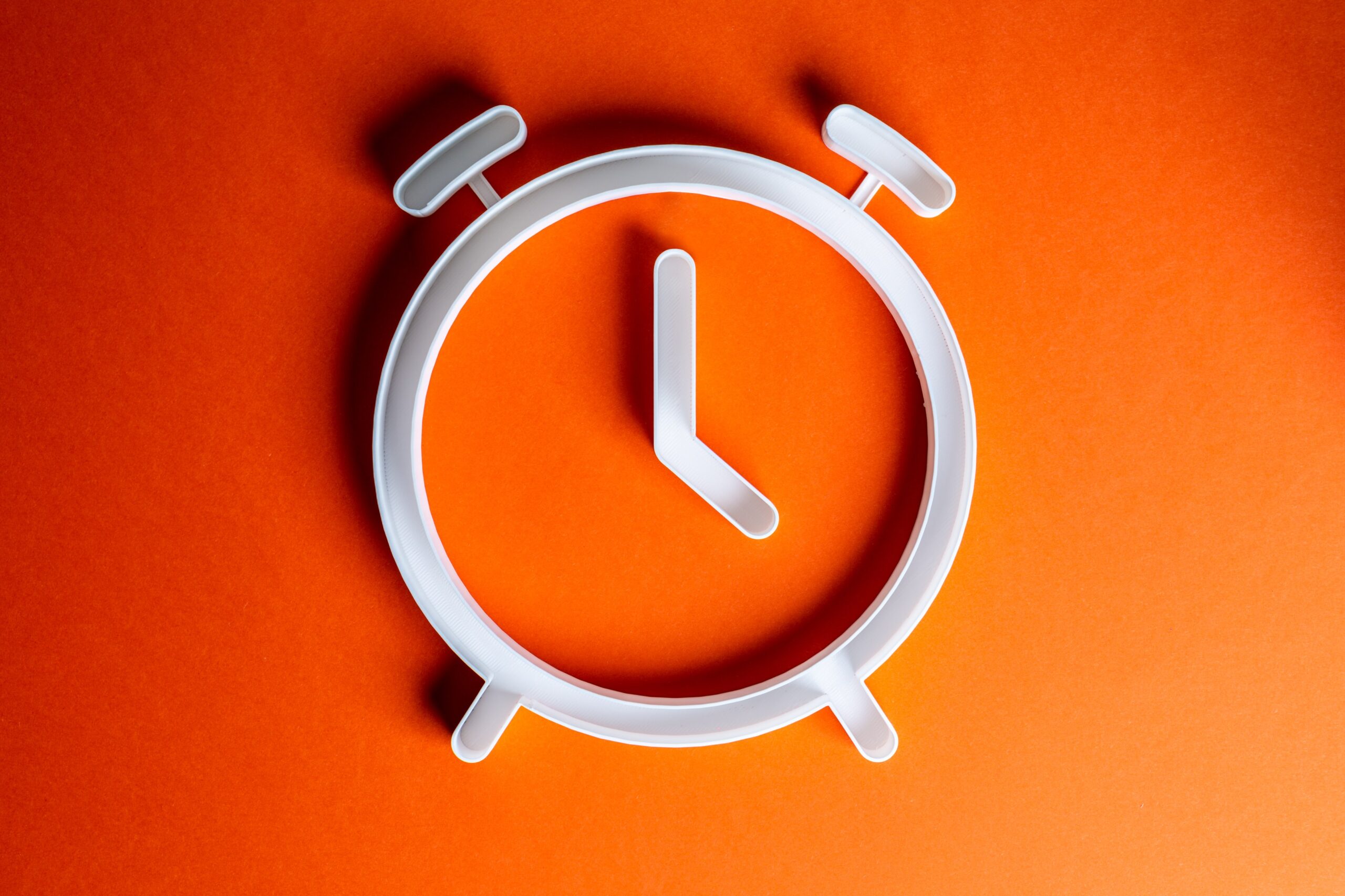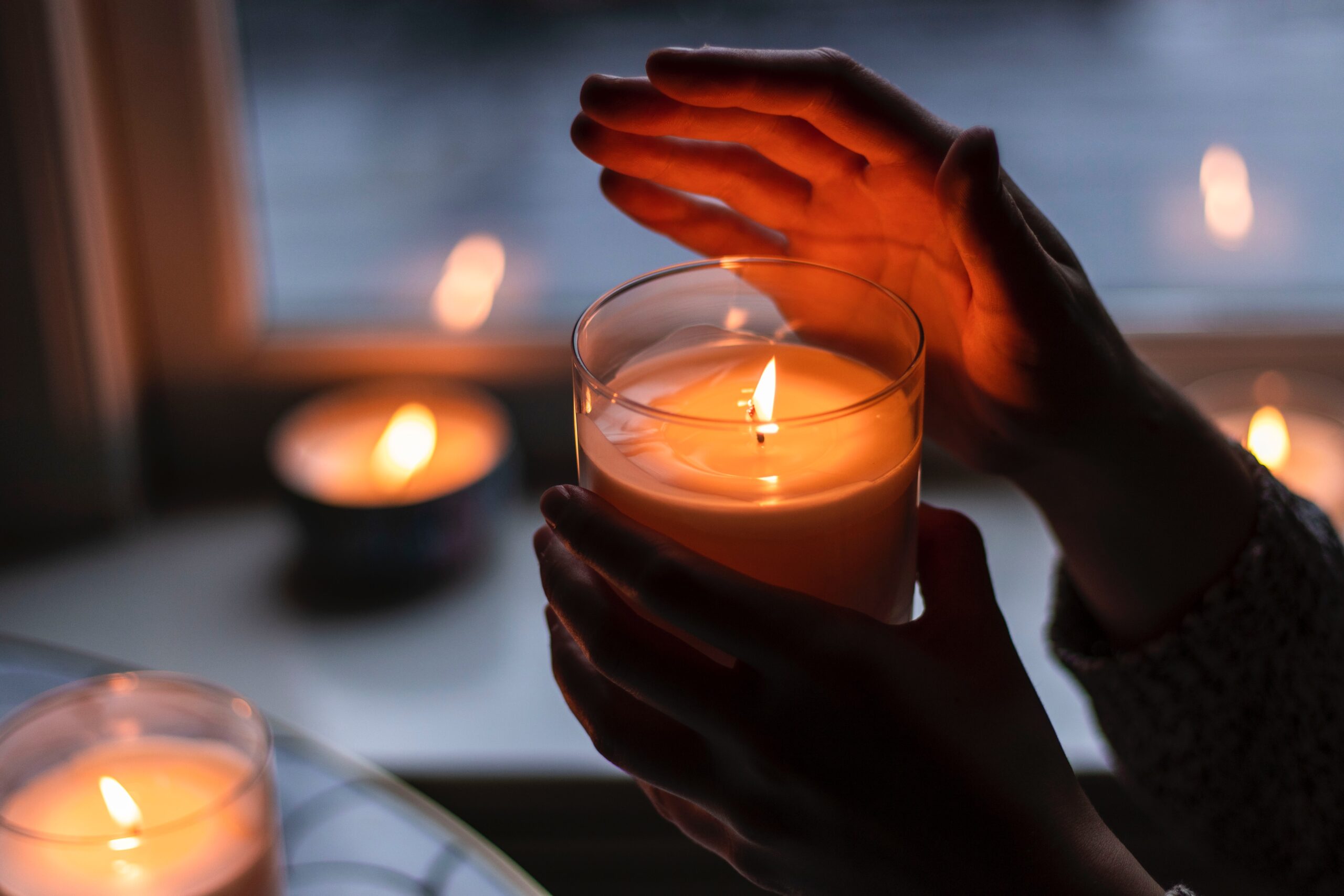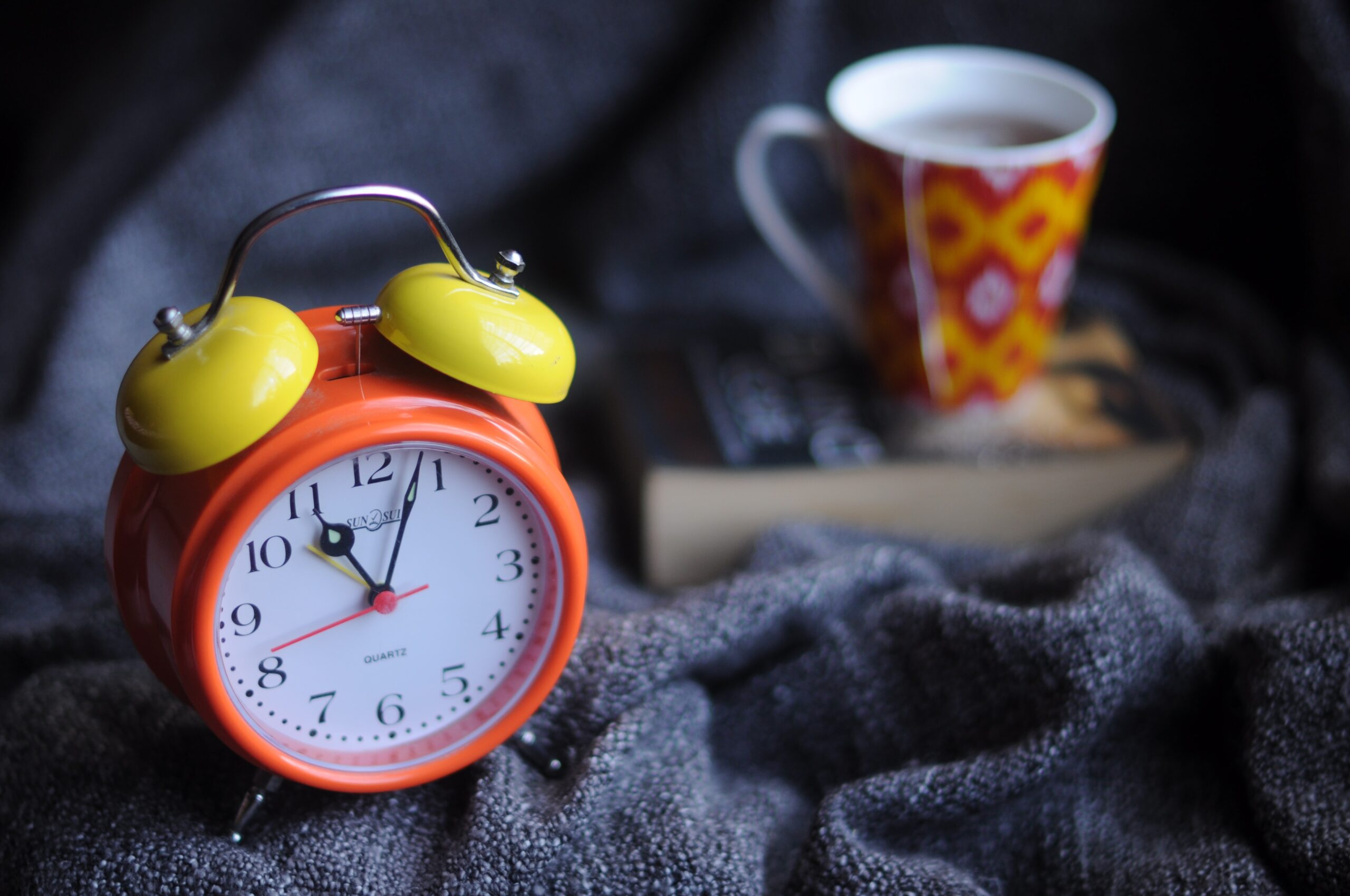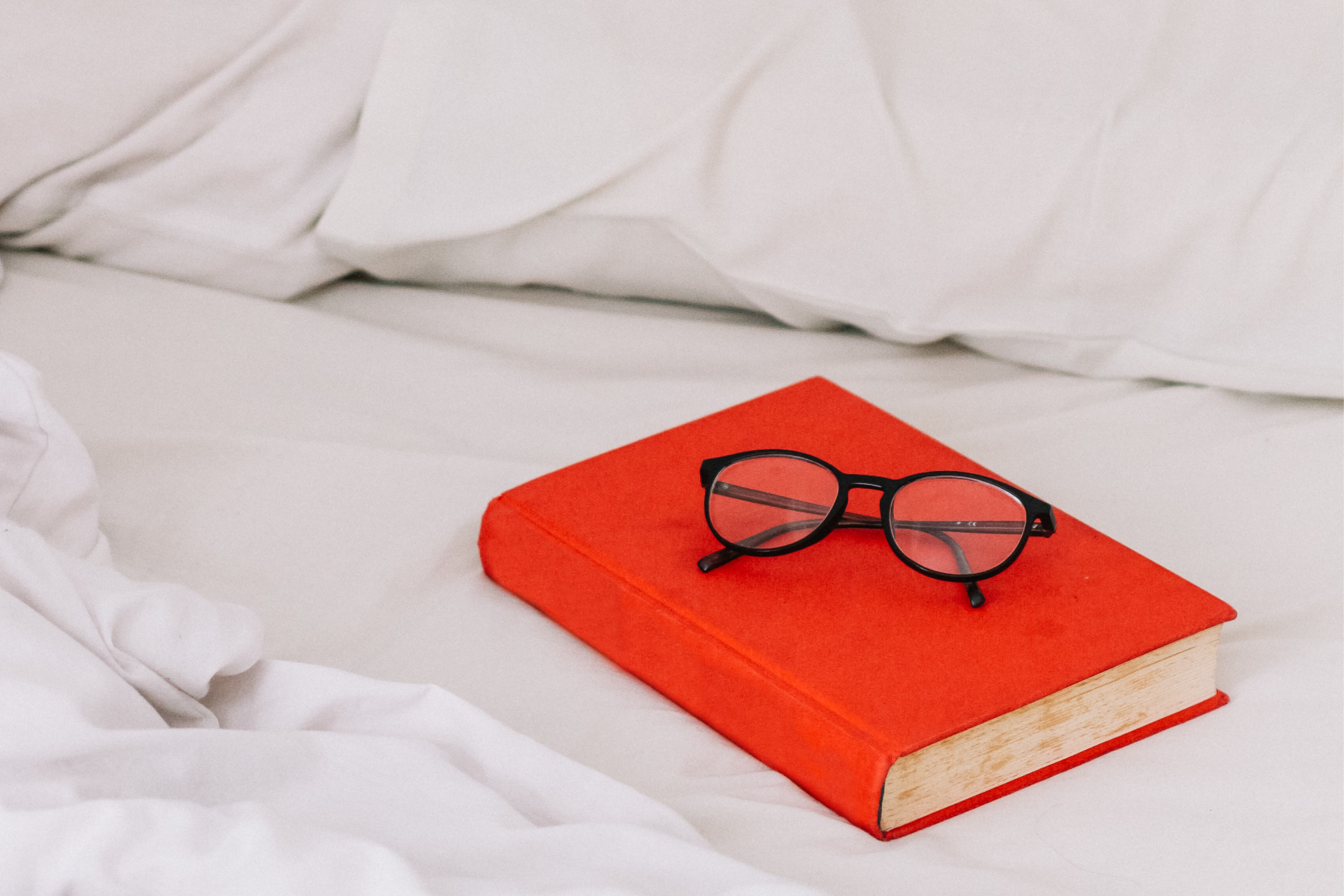
This month, Brits can look forward to an extra hour in bed, as we wind the clocks back for Daylight Savings Time on Sunday 30th October. While that extra time in bed will be welcomed by many, for some it could have an unforeseen impact on their sleeping patterns, as the change in time disturbs our internal body clocks.
Our sleeping patterns are controlled by our circadian rhythm, which intuitively tells our brains and our bodies when it’s time to wake up and go to sleep. Other external factors, such as the amount of natural light or darkness we are exposed to, can also influence our sleep, which is why events such as the clocks going back can impact our sleeping routines. You may notice that you feel sluggish or fatigued for a few weeks following the change in time, and may find it more difficult to drift off at night or wake up in the morning. This feeling is similar to jet lag, which also happens when external factors are out of sync with our circadian rhythms.
The good news, however, is that there are some easy things you can do to fix this, to ensure your sleeping patterns stay on track, so you can maintain enjoying a good night’s sleep. Follow our top tips below!
1. Embrace Natural Light:

Morning light is the key to waking up. Winter mornings are typically dark, so try switching a lamp on as soon as you wake up. Throughout the day, make sure you venture outside to soak up vitamin D, especially when the sun rises. Natural light is brighter than the light inside your house and can help suppress sleep hormones.
2. Ditch Artificial Light:

Similarly, natural evening light is at a low level when the clocks go back. Try to minimise your light exposure in the evening, and opt for lamps and candles instead of switching on ‘‘the big light.’’ Also, avoid technology at least two hours prior to your bedtime. If you must use it, ensure you have ‘‘sleep mode’’ activated – swapping the harsh blue light for a warm yellow light on your phone’s display.
3. Have An Early Night:

As an adult with responsibilities, social lives, and errands to run, it’s often hard to fit an early bedtime into your evening routine. However, it doesn’t need to be an immediate change over one night – i.e. going to bed at 9pm instead of 10pm – but try to adjust your bedtime by 10 to 15 minutes each night. This will slowly allow you adjust to the new time and help to reduce you feeling sluggish after the clocks fall back.
4. Don’t Overthink It:

This one is hard and is easier said than done. Yet, the more we think about sleep, the less we end up having. If you lie there in bed struggling to fall asleep, you will become agitated, so change your environment and distract yourself – perhaps try reading a book or listening to a podcast until you fall asleep.
5. Take Jet Candy:

Developed to counteract the symptoms of having your circadian rhythms disrupted, Jet Candy works by stimulating the body to make itself better, by accommodating changes to the body clock. The remedy – which is 100% natural – is available in pillule form and comes in a travel-sized bottle with a practical pill-dispenser cap, meaning all you need to do is tap, twist and take it whenever you need a boost.
